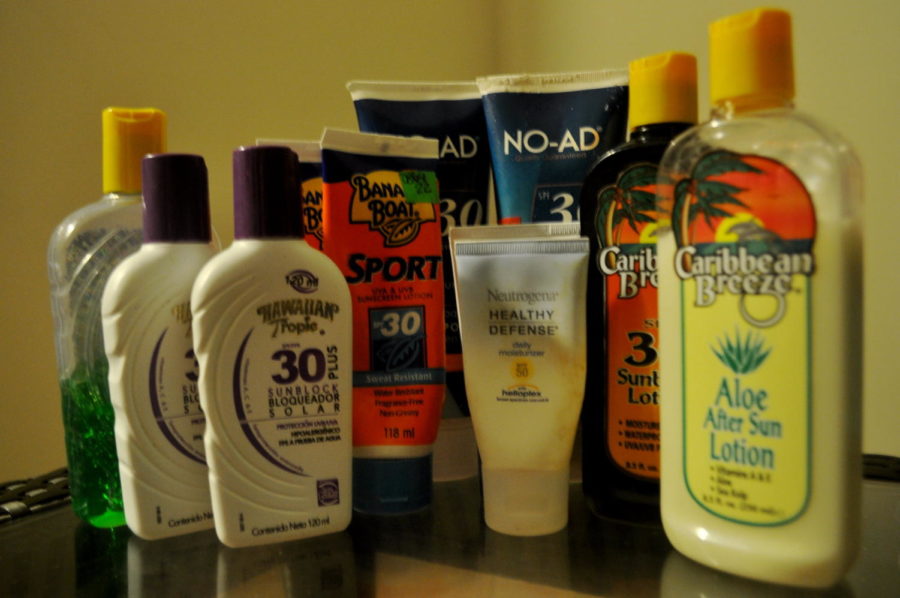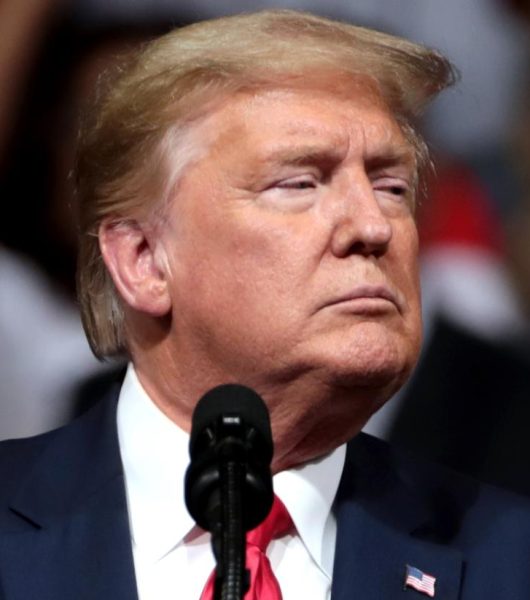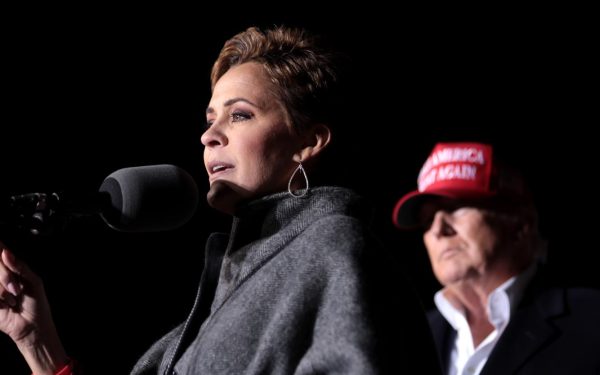Testing reveals some sun care products contaminated with carcinogenic chemical benzene
The lab company Valisure recently found certain lots of sun care products to be contaminated with benzene, a known carcinogen
June 11, 2021
Recent testing has revealed that certain sunscreens and after-sun products contain unsafe levels of the carcinogenic chemical benzene.
Benzene is found in gasoline and other solvents as well as tobacco smoke.
“Human exposure to benzene has been associated with a range of acute and long-term adverse health effects and diseases, including cancer and aplastic anaemia,” states the World Health Organization.
The recent testing of around 300 samples, conducted by Valisure, found trace amounts of benzene in 78 sun care products.
Valisure describes themselves as an independent lab company doing chemical analysis. They identify themselves as “the industry leader in proactively identifying pervasive drug quality problems”. Part of the company, ValisureRX, LLC is a licensed online pharmacy with the ability to fill prescriptions in 38 states.
CBS News reported that Valisure officials believe the products were somehow contaminated with benzene during the manufacturing process and only certain lots of sun care products were affected.
The company reportedly found up to three times the FDA limit of 2 parts per million in certain products made by Neutrogena, Sun Bum, CVS Health and Fruit of the Earth.
It has become widely accepted that overexposure to ultraviolet radiation from the sun can lead to a variety of skin problems including the increased risk of melanoma.
The safety and efficacy of certain types of sunscreens designed to protect us from exposure have been called into question in recent years. The discovery of another harmful chemical, albeit perhaps added accidentally, may cause some sunscreen users to wonder if the product they are applying does more harm than good.
Valisure addressed the issue in their press release with a statement by Dr. Christopher Bunick, MD, PhD, associate Professor of Dermatology at Yale University.
“It is important for people, especially heading into the summer months, to understand that many sunscreen products tested by Valisure did not have benzene contamination, and those products are presumably safe and should continue to be used, along with appropriate hats and sun-protective clothing, to mitigate skin cancer risk,” Bunick said.
The FDA is reportedly reviewing Valisure’s findings and their petition to recall the contaminated batches.












